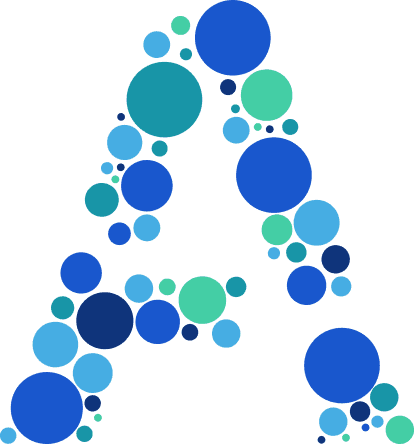Jan 15, 2025

The State Human Trafficking Report – 2025 offers a comprehensive look at state-level policy responses and federal prosecution trends related to human trafficking in the U.S. Covering 2003–2023, the report analyzes 20 specific anti-trafficking policies categorized across prevention, protection, and prosecution and over 2,300 federal prosecutions from 2000-2022.
Since 2003, states have passed 695 anti-trafficking policies. However, there's stark variability in the scope and implementation across states. While some, like Florida and Washington, have passed nearly all recommended policies, others, like Idaho, have implemented fewer than six. The most widely adopted are prosecution policies—such as criminalization and buyer penalties—whereas prevention policies remain underdeveloped.

Federal prosecution data from 2000–2022 shows 4,589 defendants and over 12,000 victims, with minor sex trafficking prosecutions far exceeding those for adult sex or labor trafficking. This trend reflects both legal ease (lower burden of proof) and societal prioritization of minor victims. States like California, Texas, and Florida account for the highest number of prosecutions, but per capita, states like South Dakota lead.

Despite legislative progress, the report emphasizes that policy adoption doesn’t ensure implementation. Additionally, disparities in sentencing, victim support, and access to justice remain. Allies Against Slavery recommends a stronger focus on preventive measures and equitable survivor protections to close these gaps.
Get access to Lighthouse
Partner with us on Lighthouse Data to glean even more from your state's data sources.


